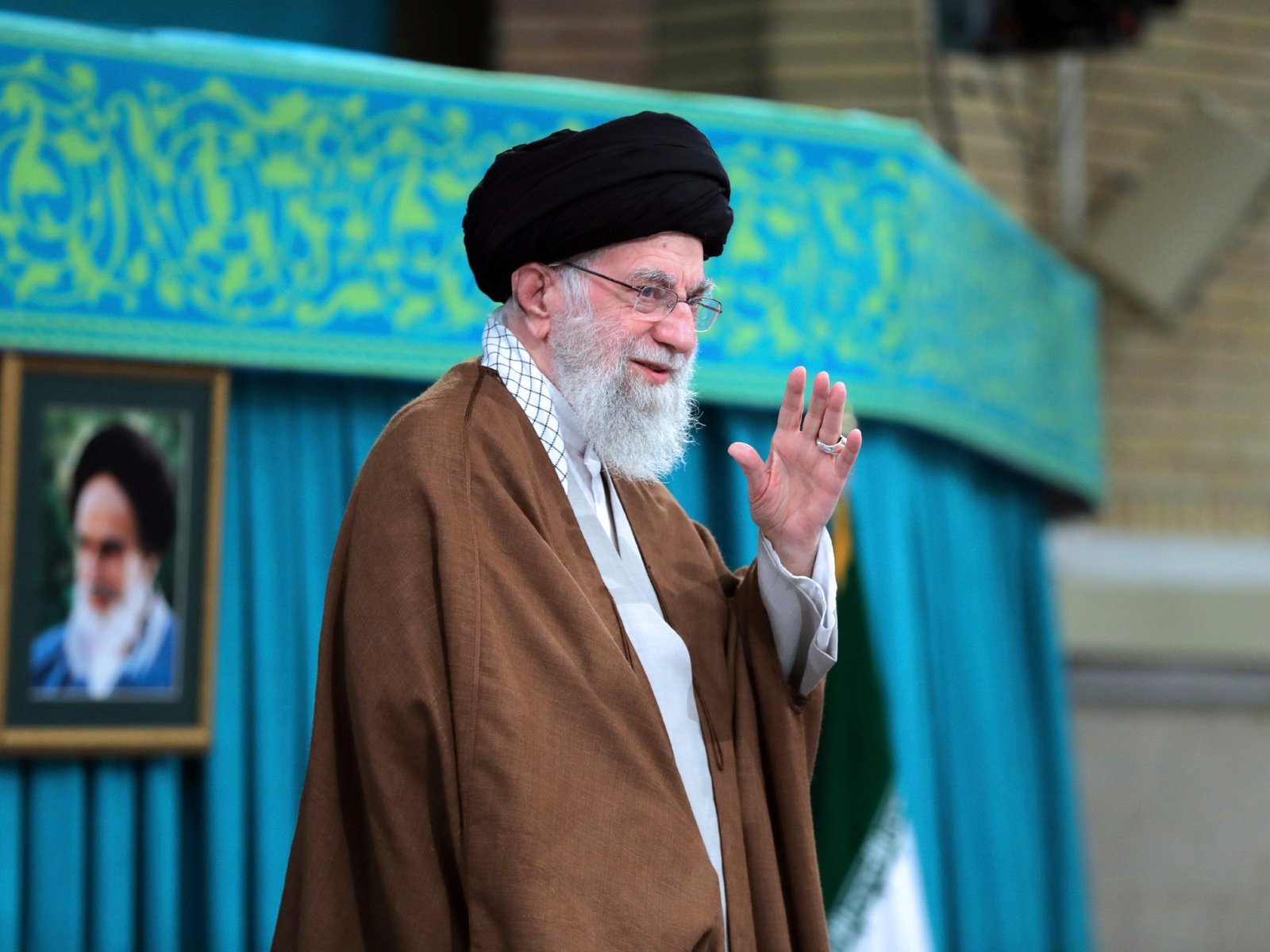Iranian Supreme Leader Ayatollah Ali Khamenei warned Israel and the United States of an “overwhelming response” to measures against Iran and its allies, according to state media.
Khamenei, 85, made the comments on Saturday while addressing students ahead of the anniversary of the 1979 seizure of the US embassy in Tehran by hardline students – which reinforced the decades-long hostility between Tehran and Washington that continues today.
Khamenei said in the capital, Tehran, that “the enemies, whether the Zionist regime or the United States of America, will certainly receive a crushing response to what they are doing to Iran, the Iranian nation, and the resistance front.” Armed groups allied with Iran, which include the Houthis in Yemen, the Lebanese Hezbollah, and the Palestinian Hamas.
The Supreme Leader did not clarify the timing or scope of any attack.
He had previously taken a more cautious approach, saying that officials would study Iran’s response and that the Israeli attack “should not be exaggerated or underestimated,” after the Israeli army launched strikes last week on military bases in Iran, hitting about 20 sites over several days. Hours in 2018. Ilam, Khuzestan and Tehran.
Israel said the strikes were in response to attacks launched by “Iran and its proxies.”
Khamenei met on Saturday with university students to celebrate Students’ Day, which commemorates the November 4, 1978, incident in which Iranian soldiers opened fire on students who were protesting against the Shah’s rule at Tehran University.
The crowd welcomed Khamenei with enthusiastic cheers, chanting: “The blood running through our veins is a gift to our leader.”
Risk of further escalation
Israel said its air strikes on Iran on October 26 were in response to a major ballistic missile attack launched by Tehran on October 1.
The Iranian attack, which included about 200 missiles, was launched after Israeli attacks in recent months that killed leaders of Hezbollah, Hamas and the Iranian army.
Israel warned Iran against responding, while Tehran promised to respond, saying that it does not seek war.
“If Iran makes the mistake of launching another missile barrage at Israel, we will once again know how to get to Iran,” Israeli army chief Lt. Gen. Herzi Halevy said earlier this week. “Put that aside because we may be asked to do it again.” .
Any further attacks from either side risk dragging the region – already on the brink due to Israel’s wars in Gaza and Lebanon – into a broader regional conflict, just days before the US presidential election on Tuesday.
The US military operates throughout the Middle East, with some forces now operating the High Altitude Area Defense, or THAAD, battery in Israel.
Pentagon spokesman Major General Pat Ryder said on Friday that US Defense Secretary Lloyd Austin “ordered the deployment of additional ballistic missile defense destroyers, fighter squadrons, tanker aircraft, and several US Air Force B-52 long-range bombers to the region.” .
Austin “continues to make clear that if Iran, its partners, or its proxies exploit this moment to target American individuals or interests in the region, the United States will take every action necessary to defend our people,” Ryder said in a statement.











